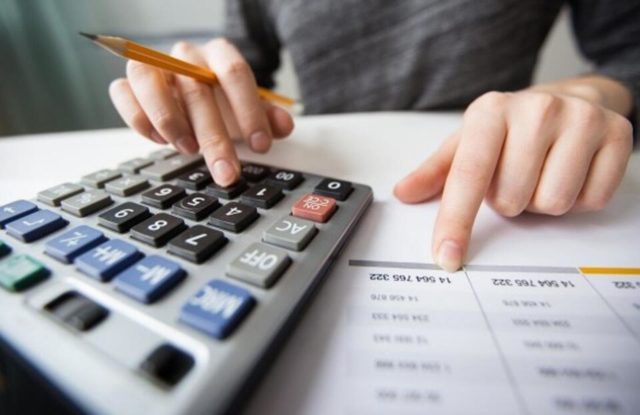There is no sugar-coating South Africa’s downgrade to sub-investment status.
As South Africa comes to grips with the 21-day national lockdown implemented by the government to help curb the spread of the coronavirus, which is severely impacting economic activity, a debt counselling executive says things will be very tough for everyone for the next few years.
Benay Sager, chief operating officer at debt management organisation DebtBusters, says there is no way to sugar-coat South Africa’s downgrade to sub-investment status, which came during the national lockdown.
He says this will mean significantly less tax revenue for the government. In addition, the downgrade will make it more difficult and expensive for the government to borrow money, the consequences of which will be felt by all South Africans.
Bitter pills
“The two bitter pills the country is being forced to swallow will mean more hardship for consumers but might also persuade the government to now implement the structural economic reforms required to reduce the budget deficit,” Sager explained.
Last Friday, rating agency Moody’s cut SA’s credit rating to sub-investment grade, from BAA3 to BA1, with a negative outlook. The downgrade comes as the country grapples with recession in addition to the coronavirus lockdown.
Sager warns, though, that no matter how quickly or decisively the government acts, it will not provide any short-term relief for consumers.
“Things will get worse as the full impact of the lockdown and subsequent measures and the downgrade are felt,” he said, adding that banks, too, will be under pressure as it will be harder for them to borrow money. Consequently, banks are likely to implement stricter lending criteria, making it more difficult for consumers to borrow.
According to Sager, this could be problematic for those consumers who have been borrowing money to supplement their incomes.
DebtBusters’ most recent debt report for the last quarter of 2019 found that South Africans’ net income declined markedly in real terms since 2015 and that many consumers were making up the shortfall by borrowing heavily. In four years, the average debt levels increased 13% as against average income levels.
The report further found that people who applied to the company for debt counselling during 2019 had, on average, 15% less real net income compared with those who applied in 2015.
“The reality now is that many of these consumers will no longer qualify for another loan,” Sager said.
The payment holidays that some financial institutions are introducing to cushion the impact of the Covid-19 lockdown on consumers may postpone the inevitable, but not indefinitely, he explained.
“We’d urge people to reassess their spending now and look at where and how they can make savings. If they’re already struggling to meet their monthly obligations, this situation will only get worse and they should seek help from a credible debt counsellor before this happens.”
Sager added that while things will be very tough for the next few years, an unintended consequence of the downgrade may be that it makes South African consumers less reliant on borrowing to sustain their lifestyles. If that happens, there may be some silver lining.
– African News Agency (ANA)








